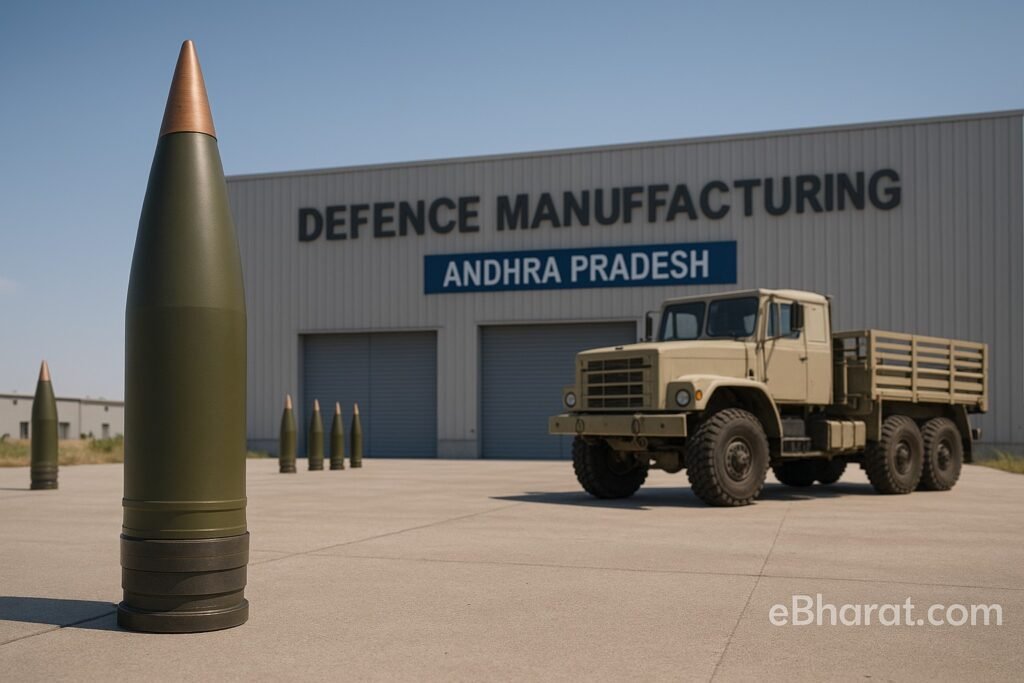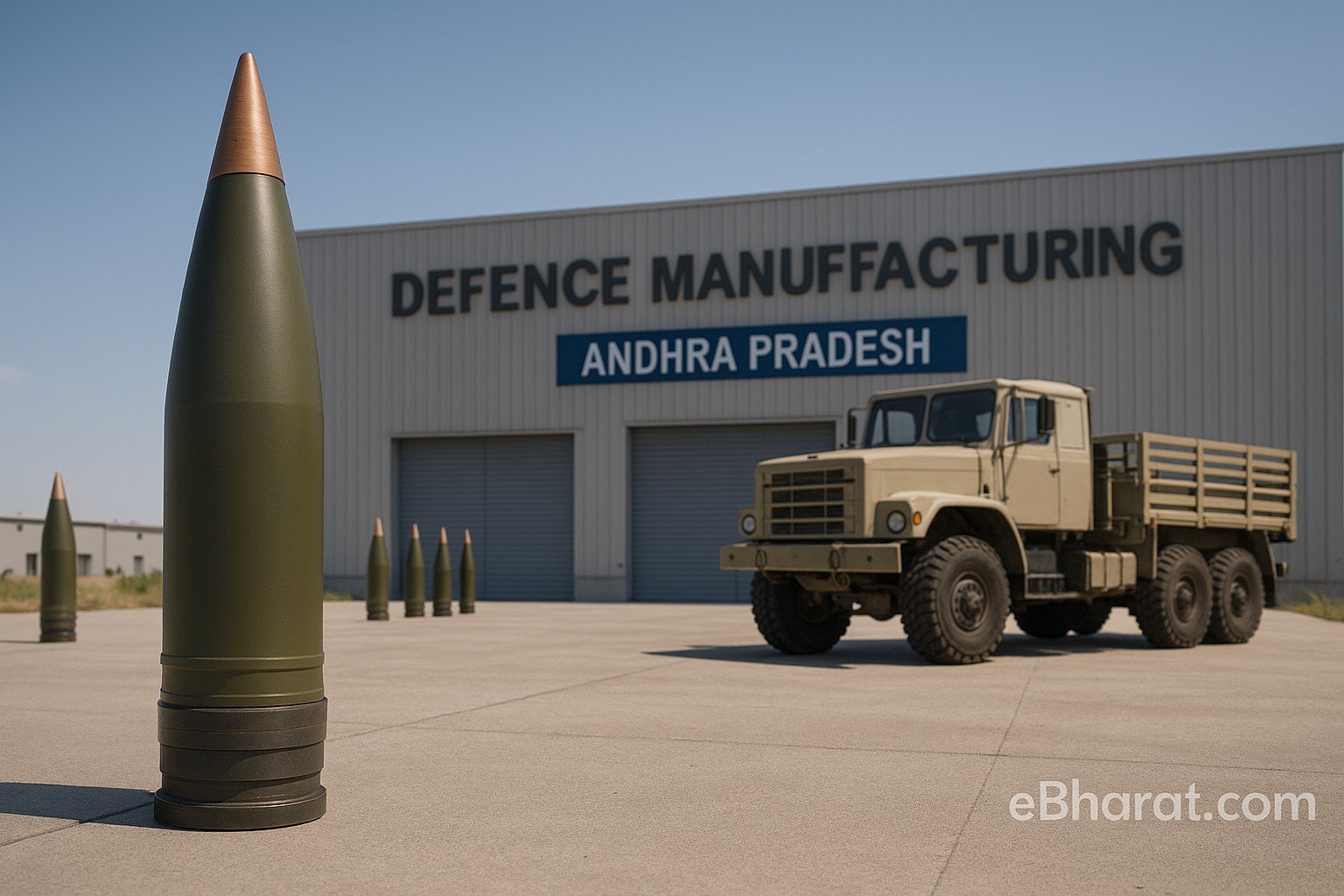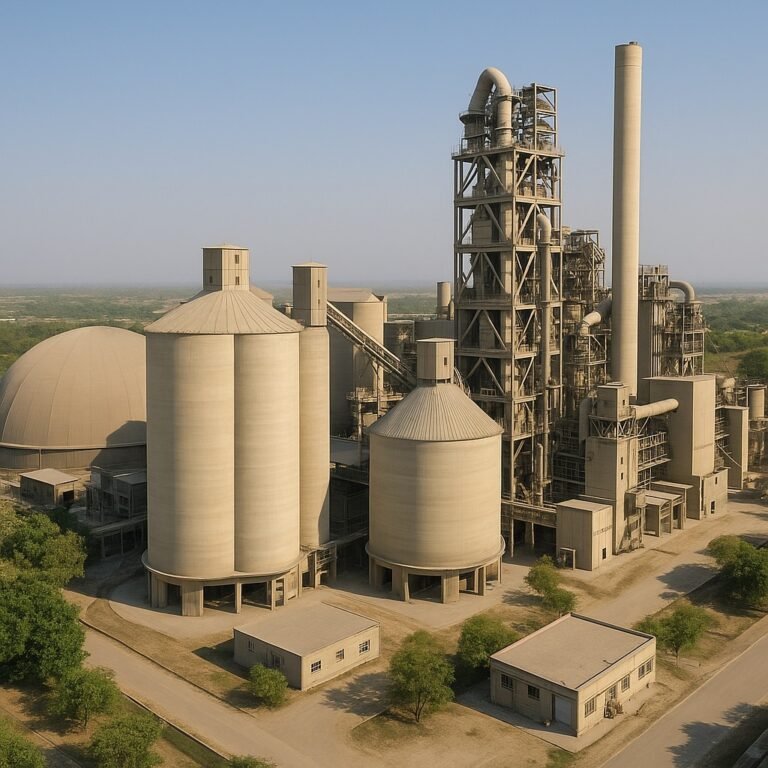
HFCL Ltd, formerly known as Himachal Futuristic Communications Limited, is best known as one of India’s largest makers of optical fiber cables and telecom networking equipments. From supplying Reliance Jio, Airtel and BSNL to exporting fiber solutions to more than thirty countries, the company has played a vital role in building India’s digital backbone. But now, HFCL is preparing to add a completely new dimension to its business.
In a significant development, the Andhra Pradesh government has approved the allotment of 1,000 acres of land in Sri Sathya Sai district for HFCL’s defence manufacturing expansion. The project will be rolled out in two phases, with 329 acres handed over in the first stage and the remaining 671 acres in the second. This marks HFCL’s official entry into defence manufacturing at scale, a move that aligns with India’s Atmanirbhar Bharat vision of self-reliance in critical sectors.
According to the company’s plans, the facility will be used to produce artillery ammunition shells, multi-mode hand grenades, TNT filling and other advanced defence products. HFCL has already tied up with the Defence Research and Development Organisation (DRDO) for technology partnerships, ensuring that the new venture is anchored in domestic R&D. This shift represents a big leap from its traditional focus on telecom and optical fiber, making HFCL a dual player in both digital and defence industries.
Financially, the company enters this new phase from a position of strength. HFCL has a confirmed order book of about ₹10,480 crore, primarily from optical fiber and telecom projects. This healthy pipeline provides revenue visibility and allows the company to invest in its defence expansion without disrupting its core operations. The company is also supported by favorable policy changes, as both the central and state governments are actively encouraging private players to step into defence production.
The market reaction has been swift. HFCL’s stock surged nearly five percent following the announcement, reflecting investor confidence in the diversification plan. Analysts believe that a strong push into defence could lift the company’s valuation multiples, since defence manufacturers are typically seen as long-term, high-margin businesses compared to cyclical telecom orders.
Making defence equipment at a large scale is not easy. It requires strict rules, long approval processes, and high-quality checks. But since HFCL is getting the land in phases and already has experience handling big projects, it is likely to manage these challenges step by step. If the company can start its Andhra Pradesh defence hub smoothly while also growing its telecom business, it could become one of India’s strongest companies in both technology and defence within the next three to five years.
HFCL’s move into defence is more than just an expansion. It shows how the company is changing its identity from only a telecom player to a stronger, more diversified business. With a solid order book and government support, HFCL is preparing for steady growth in both digital networks and defence manufacturing. If it delivers well in the coming years, it could become one of India’s key companies shaping the future of connectivity and security.













